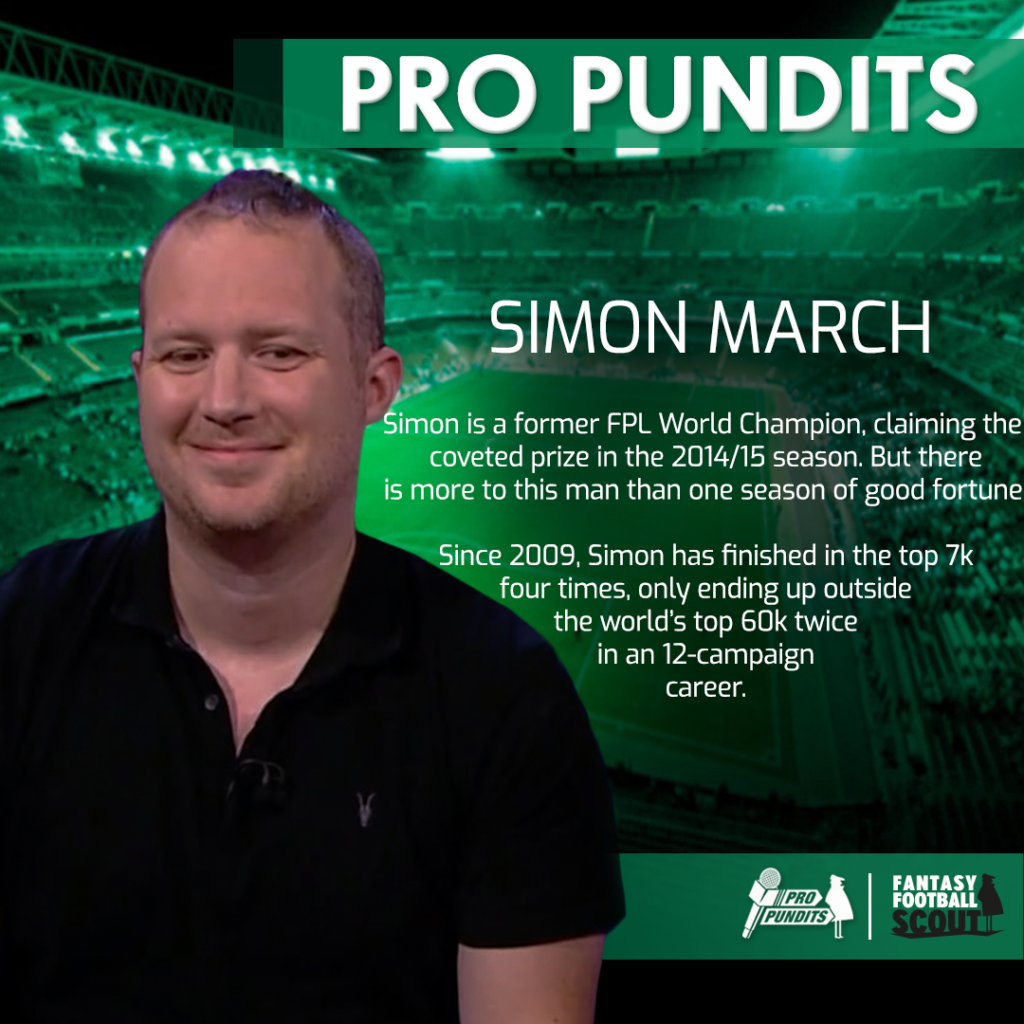
It might be hard to believe but the majority of Fantasy Premier League (FPL) managers go about their lives having never heard of Effective Ownership let alone having allowed it to influence their decision-making (or their sleep). Inside the hardcore FPL community, however, Effective Ownership gets a lot of airtime. But should it? Is the importance of Effective Ownership exaggerated? Or is it in fact the secret to gaining an edge over less serious rivals? Those questions, and more, will be the focus of this article.
What is Effective Ownership?
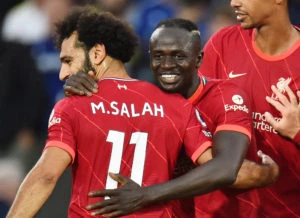
Each player in FPL has an absolute ownership percentage based on how many FPL managers own them. Effective Ownership is a calculation that factors in this number, the number of managers who actually started the player and how many of these captained or triple-captained the player. Unlike absolute ownership, Effective Ownership only really exists after a Gameweek has begun.
The significance of Effective Ownership (EO) can be fairly complicated but, to simplify, if your player has an EO of less than 100%, the points they score have a chance of improving your rank. If their EO is over 100% the points they score may decrease your rank unless you captain them. If their EO is 200% or above, you will only benefit from the points the player scores if you have tripled-captained them. Between each of these brackets are gradients that will influence how much or how little the player scoring will affect your rank.
A consequence of high EO is that managers see players like Mohamed Salah (£13.0m) nearing 200% EO and conclude, not without reason, that it effectively neutralises their captain score; Salah could score a hat-trick and the impact it would have on their rank would be fairly minimal at best.
Some managers have gone on to conclude that captaining a high EO player is a waste and that the only advantage comes from captaining a lesser-owned ‘differential’ player. Others maintain that it is too dangerous to captain anybody other than the high EO player. Like most things in FPL, neither perspective is entirely wrong, but neither is entirely correct either.
Differential Captains
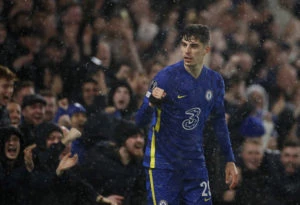
Since it’s been discussed many times before, I won’t get into the merits of differential captains too much here, but it is fairly logical that a successful low-EO captain will have a better impact on rank, assuming that they outscore the higher EO captain choices. That last bit, of course, is the crucial point. The benefit of captaining a low-EO player who hauls is only really meaningful if they outscore the high EO captains.
On the other hand, the negative impact of not captaining a high-EO player if your low-EO captain blanks or underperforms them can be huge. This is where the EO-anxiety we see a lot in the FPL community comes from and, if you game it out, the risk-adjusted payoff of a differential captain will almost never be big enough to justify the risk when a high-EO captain exists – unless your circumstances are desperate.
Does High EO Neutralise Captaincy?

The question therefore is; if it is too dangerous to avoid a high-EO captain, does high EO neutralise captaincy? To an extent, it definitely does but maybe not as absolutely as we believe.
Firstly, we need to acknowledge that EO varies depending on where you are ranked. The overall EO of a player might not be reflective of the EO of a player among the managers ranked near you (or in your mini-leagues) and, as a result, the benefit (or detriment) to you of a high EO player scoring might be different to the overall average.
Secondly, even if a player is approaching 200% EO, there will still likely be people ranked above you who either do not own or have not captained the player and, while these numbers might not show up much in terms of rank change in a single Gameweek, they will accrue to a significant level over multiple Gameweeks if your high EO captain consistently outperforms their selection.
Furthermore, while it might sound counterintuitive, rank change is not the only measure of success in FPL. You can obviously outscore another manager without overtaking them in a single Gameweek but you will then be in a better position to overtake them the next Gameweek. This effect is very apparent when you look at your mini-leagues but tends to get forgotten in the more impersonal overall rankings. Of course, there is equally a lot of value in outscoring the people chasing you.
Finally, it is worth bearing in mind that ownership and Effective Ownership are finite, zero-sum elements of FPL. A high-EO captain means that other players will have lower EO than they might otherwise have had if the captaincy was spread about more. With all the focus on captaincy, it’s easy to forget about the impact of a high score from a non-captained player but the potential impact of such a score increases the lower their EO (and this comes at a lower risk than betting against a high-EO captain), so there is good reason to embrace high EO-captains given the opportunities it creates elsewhere.
Conclusion
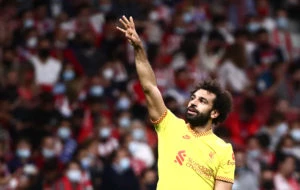
In my view, the focus on Effective Ownership as a negative within the FPL community is a bit misleading. While it can be useful to avoid high-EO or even bet against it if you’re in a situation where you need to make up ground fast, at most stages of the season the ends won’t justify the means. This is not to say that a high-risk strategy is inherently worse than a low-risk strategy, it just means that it is high risk, and this is quantifiable.
Rank is ultimately as much about not being overtaken as it is about overtaking others so scoring points will always be beneficial in FPL, whether they have an immediate positive impact on your rank or not. While some will see a high-EO captain as neutralising that element of the game, it does put more emphasis on the rest of your squad which, many will agree, is a more multifarious test of FPL skill than picking the right captain each week.
In conclusion, an awareness of Effective Ownership in FPL is valuable and, more often than not, embracing it and looking for opportunities elsewhere in your squad is likely to be the sensible play. Trying to subvert EO with differential captains for the sake of it is unlikely to be a viable long-term strategy but it can still be a valuable move if you need to take some risks or if you are confident that your differential captain will outscore a high-EO player. In this scenario, you can very much take advantage of the risk-aversion that a highly-owned player can generate among FPL managers generally.
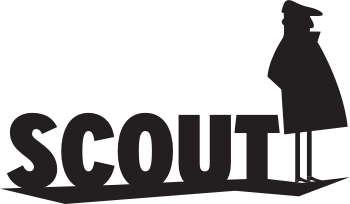



2 years, 11 months agoMane Goal